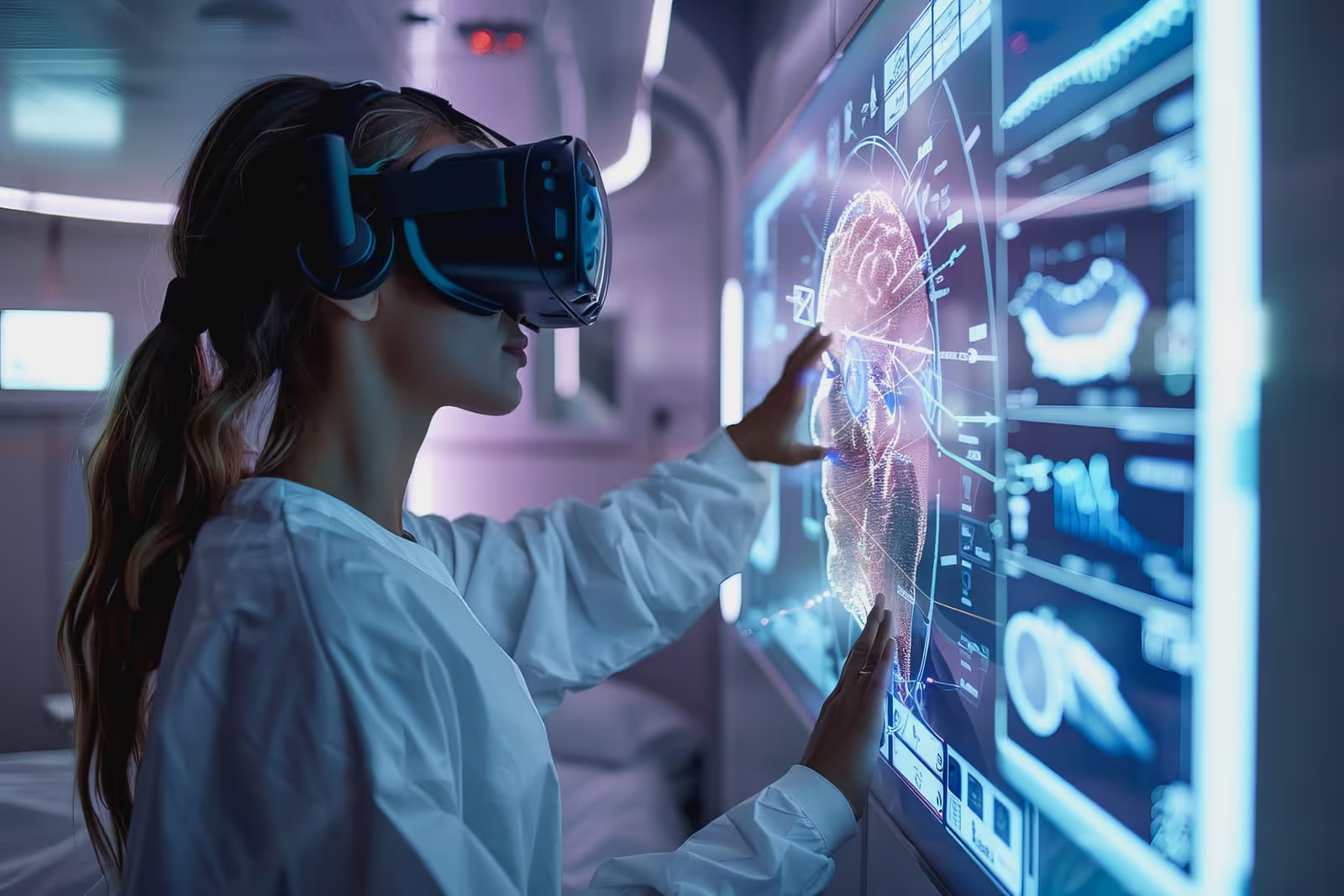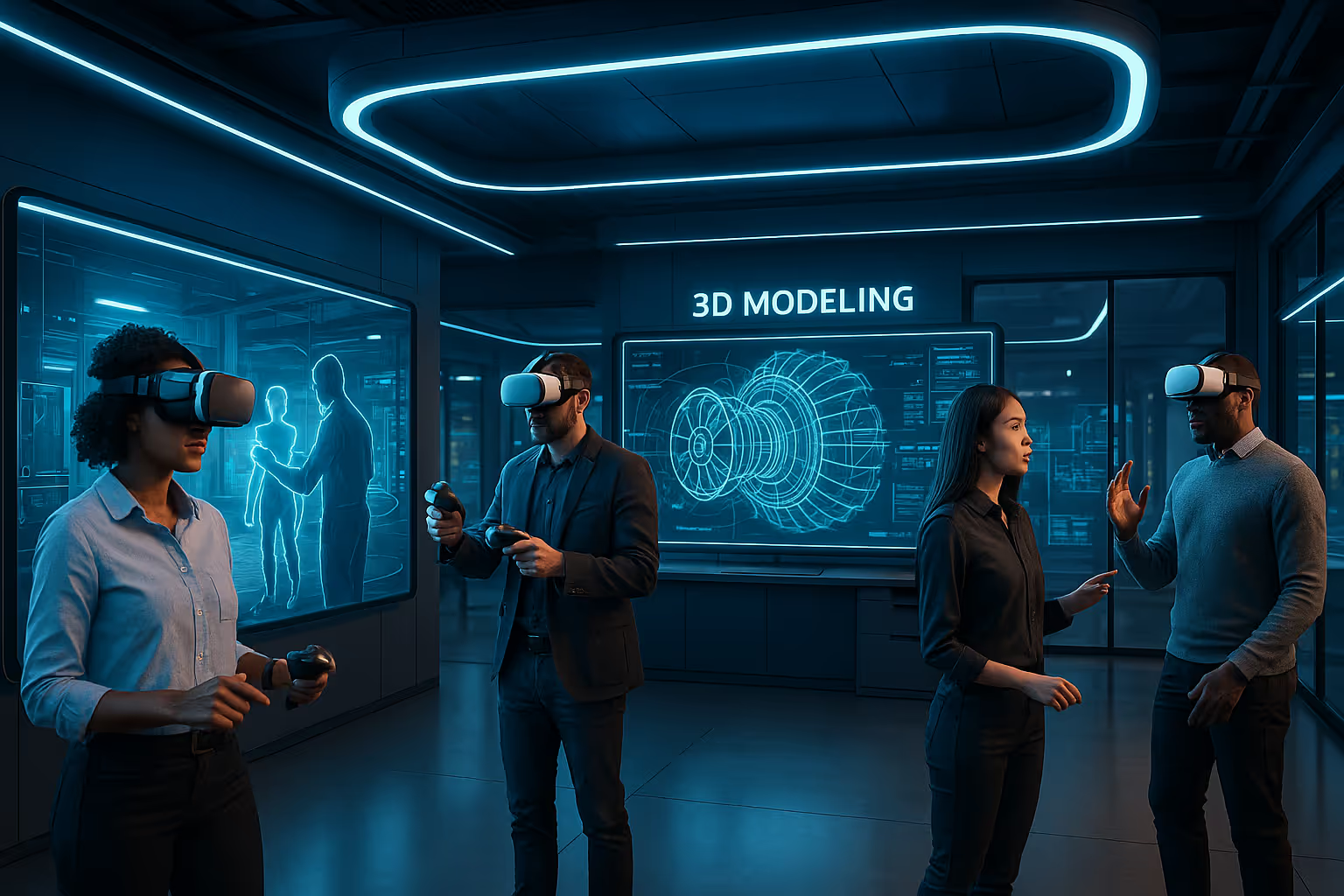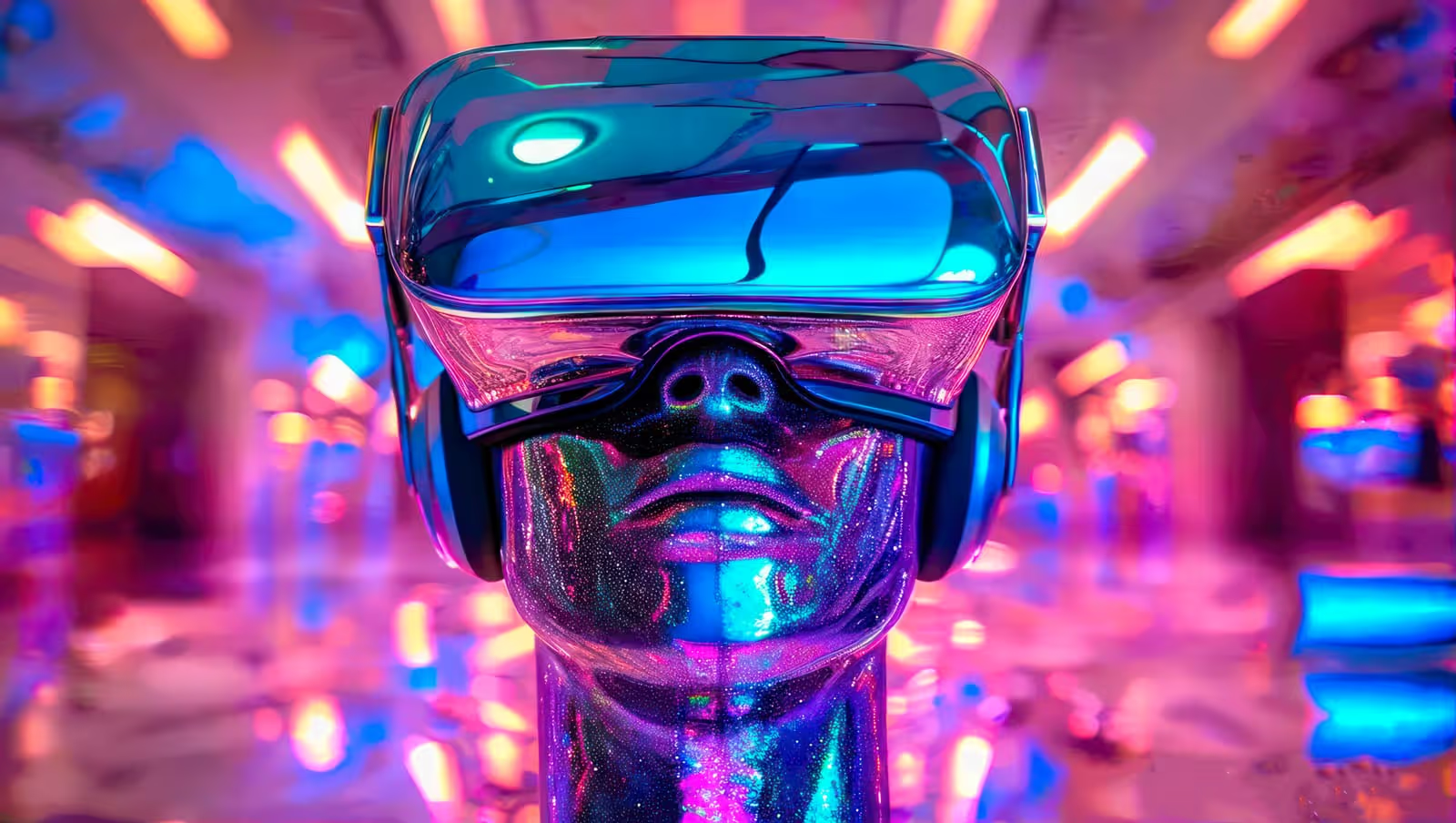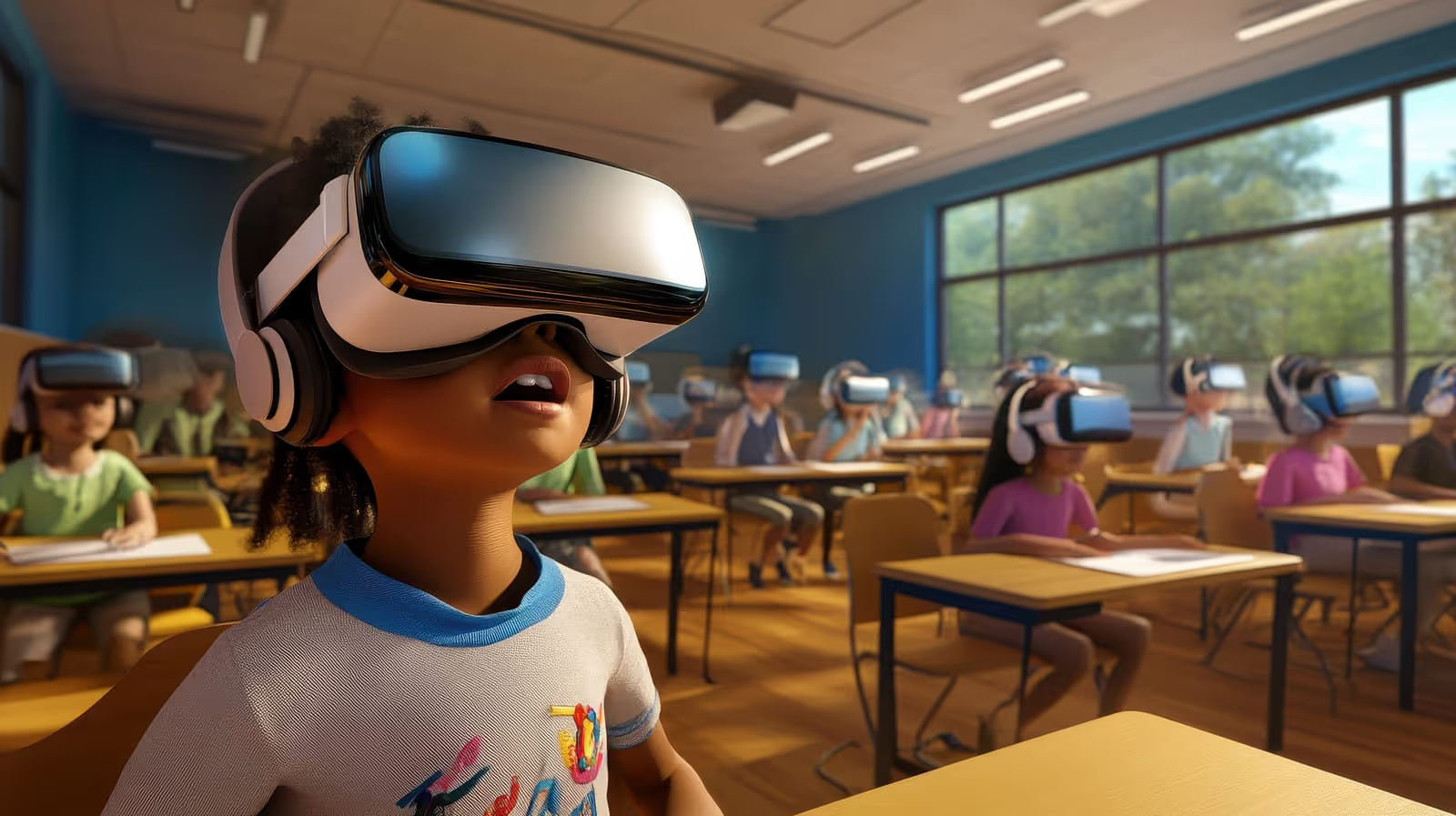

Healthcare education in the UK is being transformed by Extended Reality (XR) technologies - Virtual Reality (VR), Augmented Reality (AR), and Mixed Reality (MR). These tools let healthcare professionals practise clinical skills in highly realistic, risk-free environments, speeding up learning while boosting patient safety.
A growing body of research from academic, clinical, and industry organisations shows how XR-based training improves skill acquisition, reduces errors, and supports continuous professional development. As the technology advances and more providers adopt it, XR is becoming a key pillar of effective, resilient, and learner-centred healthcare education.
The Challenge with Traditional Healthcare Training
Traditional methods like lectures, classroom simulations, and supervised clinical work are essential but come with limits. Opportunities to practise on live patients can be limited, rare clinical cases difficult to experience, safety concerns ever-present, and in-person training constrained by practical logistics. These factors slow down learners’ path to competence.
XR removes many of these barriers by offering repeatable, standardised, and scalable training experiences without patient risk. Trainees step into virtual environments that recreate emergency scenarios or surgical procedures with immersive detail. This helps build confidence and competence safely.
Why VR and AR Are Game-Changers
A landmark 2020 study published by Harvard Business Review found that medical professionals trained with VR showed a 230% increase in procedural confidence and a 38% reduction in errors compared with traditional training.
NHS Digital Lab’s 2021 review underlined that VR and AR training can accelerate learning by up to four times, particularly by providing access to rare or complex cases that are otherwise tough to practise.
XR also helps with communication and empathy, simulating patient interactions to improve practitioner skills in delivering patient-centred care.
Sector Growth and Increasing Investment
The global healthcare XR market is booming, forecast to grow at a compound annual growth rate of 30.7% through 2028 with an estimated value of more than $7 billion by the end of the decade. This growth is fuelled by advances in technology, greater demand for comprehensive training, and a focus on reducing clinical errors.
UK healthcare providers, academic institutions, and training organisations are actively embracing XR as part of workforce development and patient safety strategies.
SCORM-Compliant eLearning for Professional Development
Many XR modules come as SCORM-compliant eLearning packages, compatible with healthcare learning management systems. This setup allows tracking of learner progress, assessment results, and certification data to easily meet regulatory and CPD requirements.
Research from the Brandon Hall Group shows that immersive eLearning leads to a 48% increase in learner engagement, which supports quicker knowledge uptake and better protocol adherence.
Use Cases: XR in Action
- Surgical Training: Surgeons rehearse complex procedures repeatedly, honing skills and lowering operating room risks.
- Emergency Response: Staff practice split-second decisions and teamwork in realistic scenarios that pose no danger to real patients.
- Anatomy Education: AR helps learners visualise 3D anatomy over mannequins or real bodies, enhancing understanding.
- Patient Communication: VR role-play builds empathy and improves difficult conversation skills.
Making XR Work in Healthcare: What Matters
Effective XR deployment requires:
- Reliable hardware and software integration with learning platforms
- Focused educator training to create and deliver XR content effectively
- Alignment with curricular standards and accreditation needs
- Accessible design that considers diverse learner requirements
Government and NHS initiatives, including innovation funding and digital skills programmes, reinforce the commitment to integrating XR across healthcare education.
In Summary
XR is fast becoming an indispensable part of healthcare training in the UK, offering safer, quicker, and more effective routes to clinical competence. The evidence from research and industry trends shows clear gains in confidence, skills, and error reduction among professionals trained with immersive technology.
As XR becomes widely adopted and integrated, it will help prepare healthcare workers to deliver high-quality, patient-centred care in a demanding and ever-changing clinical environment.
Key References:
- Harvard Business Review VR Healthcare Training Study, 2020
- NHS Digital Lab Research, 2021
- Grand View Research Healthcare VR Market Report, 2023
- Brandon Hall Group Immersive Learning Research, 2022
Where?
Who Сan Join?
How to Take Part?
Speakers
Countdown to the Event
The clock is ticking! Don’t miss your chance to join us – the event starts soon.



